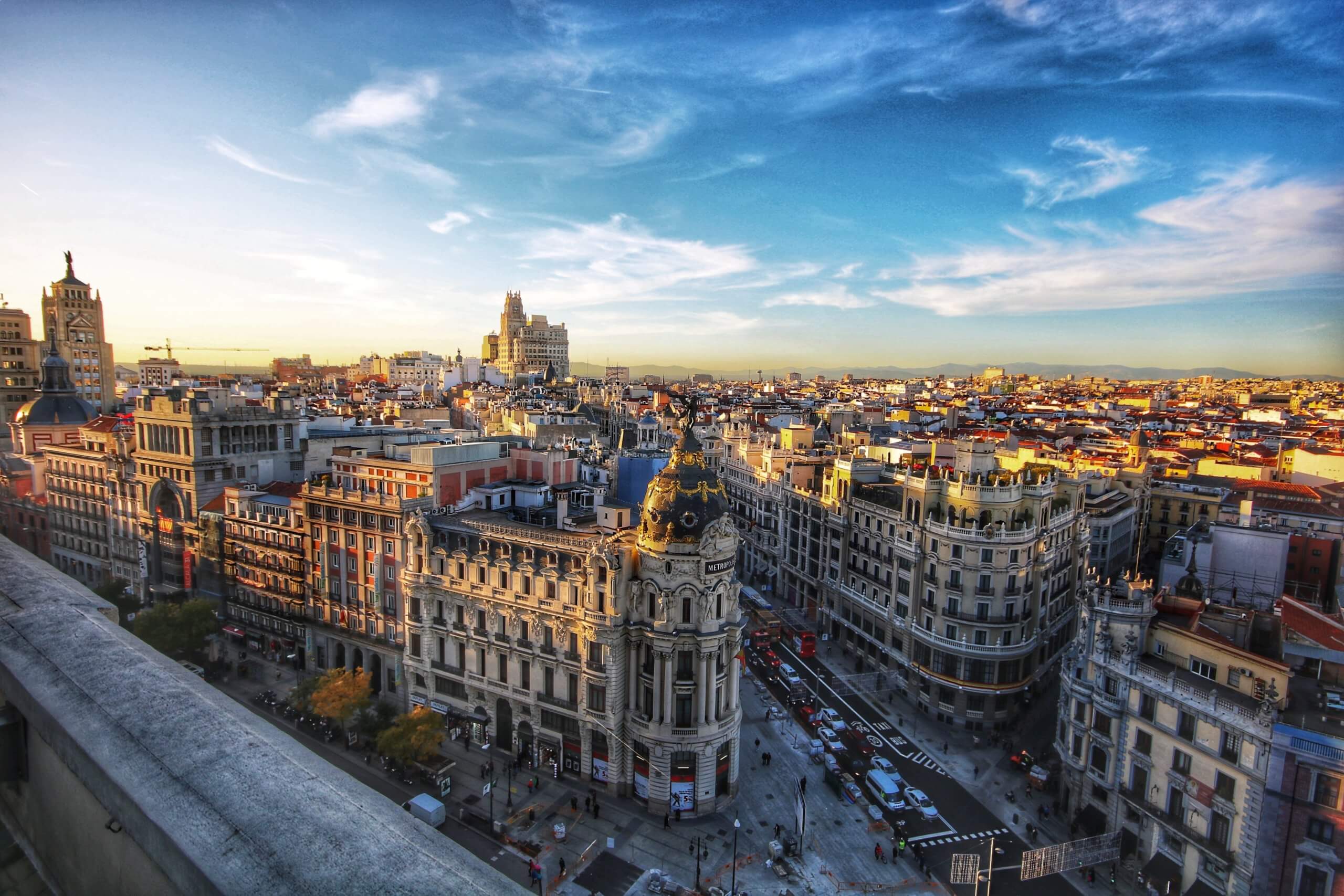- Guides
Our Top 10 Tips to Finding Friends Abroad
Let’s face it, moving abroad, where everything is unfamiliar, can feel like a bit of a maze. You’re struggling with...
Read moreGuides
Lying virtually at the centre of the Mediterranean, 93 kilometres south of Sicily, the small country of Malta has become increasingly popular among expats and tourists in recent years. Not only do they get delighted by the beautiful weather, crystalline waters and its fascinating history, but also its expanding job market is worth a mention. Many international companies have established their headquarters in this country, making it the centre of the European iGaming industry and a key location for financial services.
Malta is actually an archipelago of three islands: Malta, the largest island and the cultural, commercial and administrative centre; Gozo, more rural; and Comino, the smallest and almost uninhabited. Its location between two diverse continents (Europe and Africa) and the external influence received in the past are the reasons why Malta is considered a cultural melting pot, home to a significant international community.
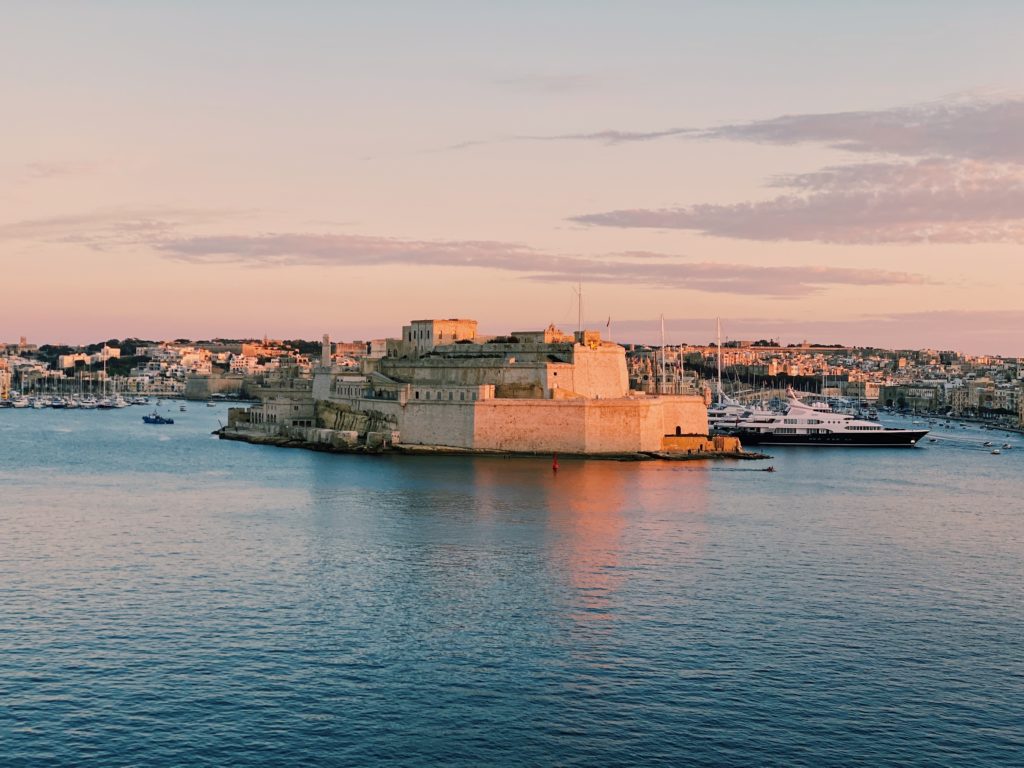
For being such a small country, securing accommodation in Malta is surprisingly straightforward, and most expats likely find good-quality housing that fits their lifestyle and budget. The choices range from the urban locations around Valletta to the corners of Gozo. However, your individual needs and interests will guide your decision of where to live. Malta is one of the safest countries in Europe. As most of the job opportunities for expats are located around the two Harbour Regions, the Northern and the Southern, it's logical to settle around that area, a bit more expensive due to its popularity. The main difference between both areas remain in their atmosphere:
As the Northern Harbour has become more popular to live in, you may find bargains on the south side. Another location to consider as an expat is also St. Paul's Bay, an undiscovered area by the sea with convenient proximity to things to do. If you get a car, you should definitely consider this option, about half an hour away from the capital city!
Wherever you move, you can start looking for an apartment or room before you relocate by browsing Facebook groups or online portals. Once you arrive, real-estate agents can be helpful if you want to change the place to stay. Aside from taking you through the process of finding and renting a room or apartment, they can assist you in setting up utilities such as electricity and internet access. In most cases, properties are already furnished, so you won’t have to worry about this. Moreover, keep in mind that most of the tenancy agreements in Malta have to specify if a deposit has to be paid (it’s usually 1-2 month rent), how bills are paid and whether or not they are included in the rent, the duration of the lease and the notice period. Long-term leases are usually between 6 and 12 months, with an option to renew.
Rental costs in Malta have increased quite quickly in recent years as interest in the island has grown. Although housing prices have gone up throughout the islands, these depend on the location. For example, in the Southern Harbour District, a mid-range apartment with one room costs €450 up to €800. The cities of Sliema and St.Julians have the most expensive rents, about €700 to €1,000. In case you want to live in those cities, sharing an apartment is always a good choice. The rents in Valletta and its inner suburbs tend to start in the €900 range too. Up north, the accommodation gets more affordable. In the mentioned area of St. Paul’s Bay, Mellieha’s rental prices are between €750 and €900, depending on size and amenities. The same situation applies to the southern part of the island, for example, in Marsaxlokk or Marsaskala.
On top of your rent, you might also budget for the utilities like water, electricity or internet service. The cost range is usually €60-100 per month, depending on how much you use the heater in winter or the a/c in the summer.
A detail to keep in mind when moving to Malta is that tap water is safe to drink throughout the country, and the sockets and plugs are those with three rectangular pin plugs, just like in the United Kingdom. But don’t panic; converters and adapters are easy to find!
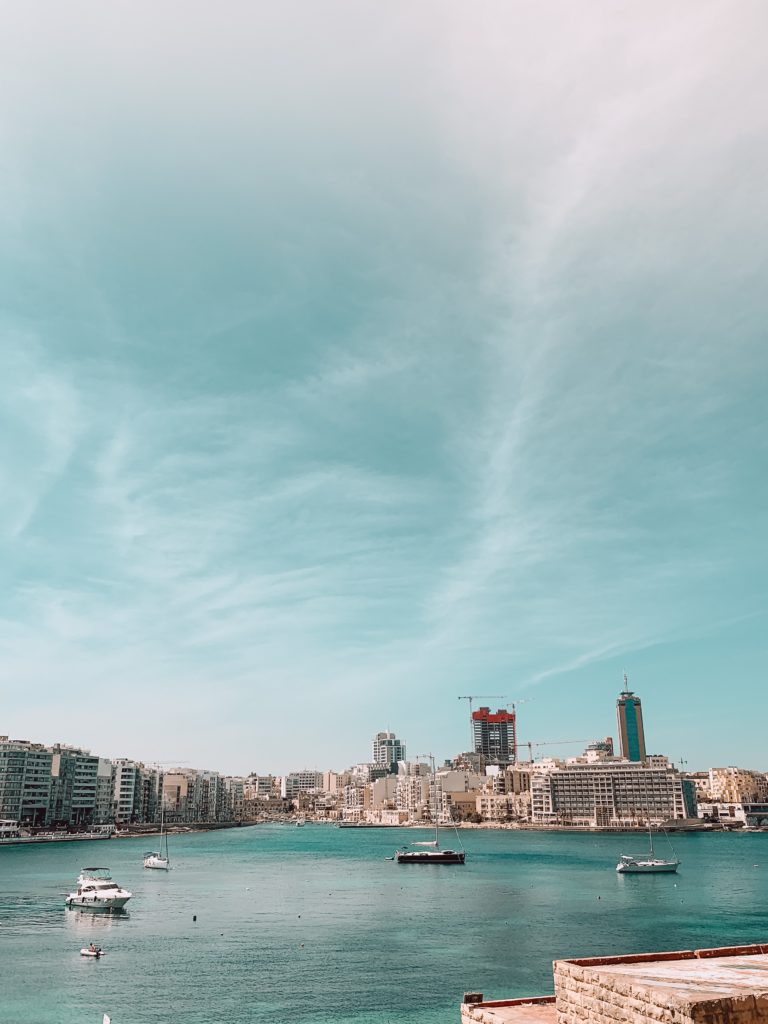
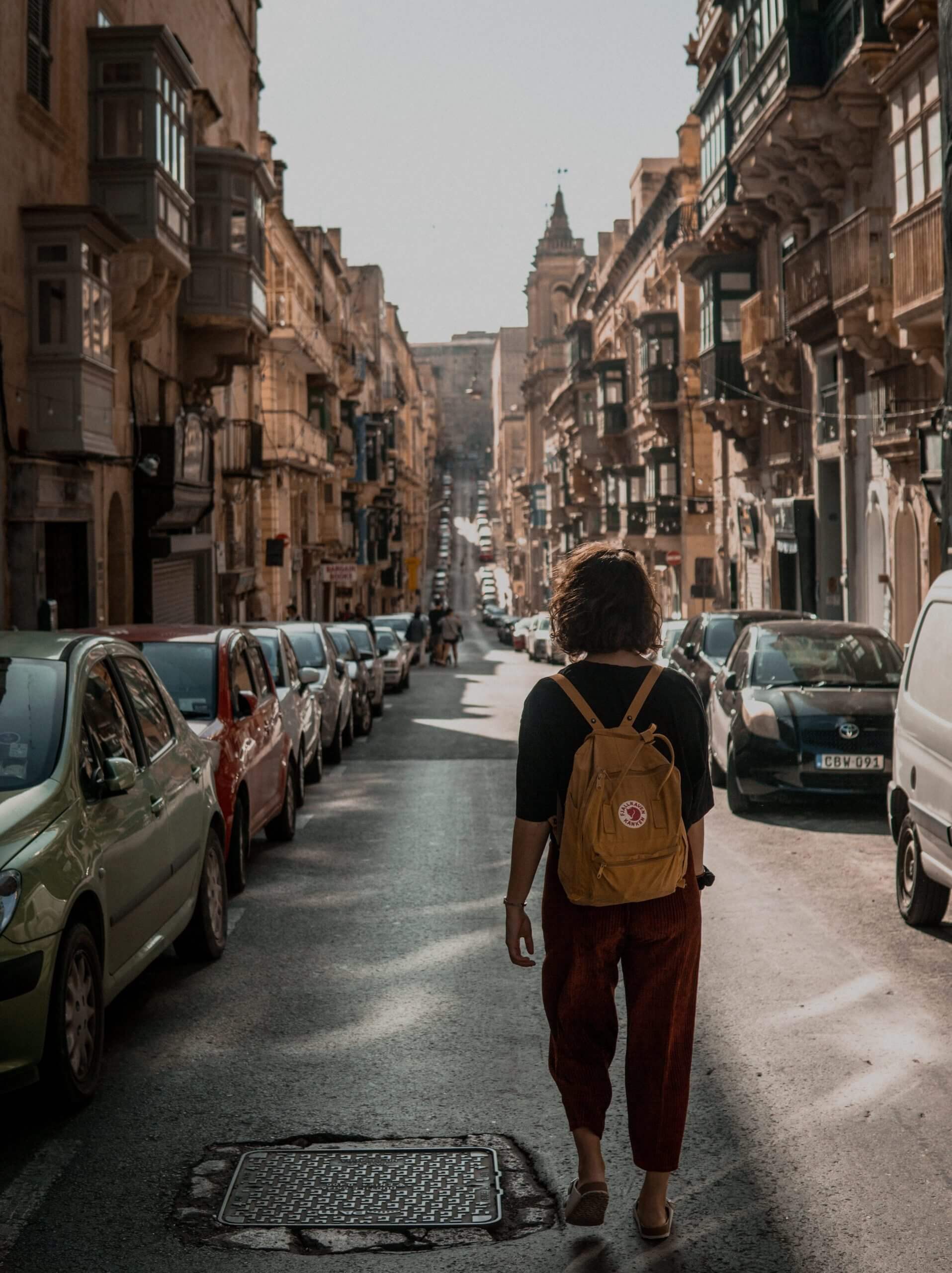
While it’s true that the salaries are significantly lower than in other European countries, the reasonable cost of living in Malta is one of the aspects that stands out among people who want to relocate and have a more comfortable, easy-going lifestyle. However, there are two factors you should consider regarding the Maltese cost of living: expect some prices not to be as low as you think due to Malta’s geographical situation (remember that it’s an island and the country has to carry out more importations than other countries), and avoid going shopping, buying groceries around the tourist areas, as the prices tend to be higher.
| Malta | |
| Groceries | |
| 1 kg oranges | €2.35 |
| 12 eggs 1 kg potatoes | €1.82 €1.33 |
| Restaurant/cafe | |
| Imported beer (0,5 l) | €3 |
| Meal for 2 at restaurant | €50 |
| Cappuccino | €1.69 |
| Indulgence and health | |
| Gym membership | €40 |
| Cinema ticket | €7 |
| Public transport | |
| Single ticket bus | €1.50 |
| Taxi 1km(normal tariff) | €1.68 |
| Average salary | €925 |
Buses are the main local transport in Malta and Gozo due to the lack of a railway system. The extensive routes connect both islands, but other options like ferry and traditional water taxis known as “dgħajsa” are also available and a good alternative for those who want to discover the country. Buses on both islands usually run from 5:30 to 23h, with less frequent night services on weekends. When consulting a schedule, one- or two-digit routes are mainline routes that operate to and from Valletta, while routes marked ‘X’ are express routes that run to the airport.
The bus fare is €1.50 (€2 in high season, €3 in night service), but if you get the personalised Tallinja card, then you’ll pay €0.75 per journey up to a maximum limit of €26 every month. This means, once the total spend reaches €26, you don’t pay for any more journeys for the rest of the month! You can buy this prepaid card at the bus station or most corner shops and book/paper stores. They also have a handy Tallinja Smartphone app to help you navigate the island.
Despite a good line network and cheap tickets, there is a lot of car traffic in Malta (there are almost as many cars as inhabitants!), and some bus lines only run every 30 minutes. The Maltese government is currently striving to make the public transportation system better, and where they’ve succeeded, it’s possible to get smooth transit!
As in the UK, they also drive on the left side, so pay special attention during the first days if you want to drive or if you are moving with your car. If you are registered as a resident, you must register your vehicle within 7 days. Otherwise, you might be fined.
The most common taxis in Malta are painted white, with a ‘taxi’ sign on the roof and a registration number on the front doors. New arrivals can catch a taxi from the airport to various destinations at set fees. Uber is not available in Malta, but other ride-hailing applications can be used, such as eCabs and Bolt.
If we had to list all the things you can do and visit in Malta, we would have to write another post! Despite not being as green as other countries, adventurers living in Malta have plenty of options to enjoy the country’s lovely scenery, with colorful old fishing villages, calm seaports, historic hilltop towns with favorable weather all year round.
During your first days off, an excellent way to start exploring Malta is visiting the capital Valletta and the cities across the harbour (Sliema, St.Julians, Gzira...). Placed on top of Mount Sceberras, Valletta was the first-ever planned city in Europe and currently boasts an eclectic range of architecture and a unique medieval charm in its alleys. The city’s silhouette is dominated by St.John’s Cathedral built by the Knights of St.John, a Catholic Military Order that ruled the island from the 16th to 19th century. For those who want to get an incredible panorama of the Grand Harbour, a visit to The Upper and Lower Barakka Gardens is a must (see picture).
Foodies are also in luck - Sliema is the Maltese hub for delicious food. Maltese cuisine is a mix of Mediterranean influences, with some later British too. If you need a snack, try the Pastizzi, Malta's most popular street food, filled either with ricotta or mushy peas (one bite is an explosion of flakes mixed with a tasty filling). While you eat your new favourite pastry, you can also do some shopping in the area, walk through gardens and check the Portomaso Tower, the highest building in Malta. Sliema is, together with St. Julian's, the central business district and one of the most crowded areas - many companies have established their HQ there and is where the nightlife is mainly concentrated. If you want to meet other expats or tourists, that's the place to be!
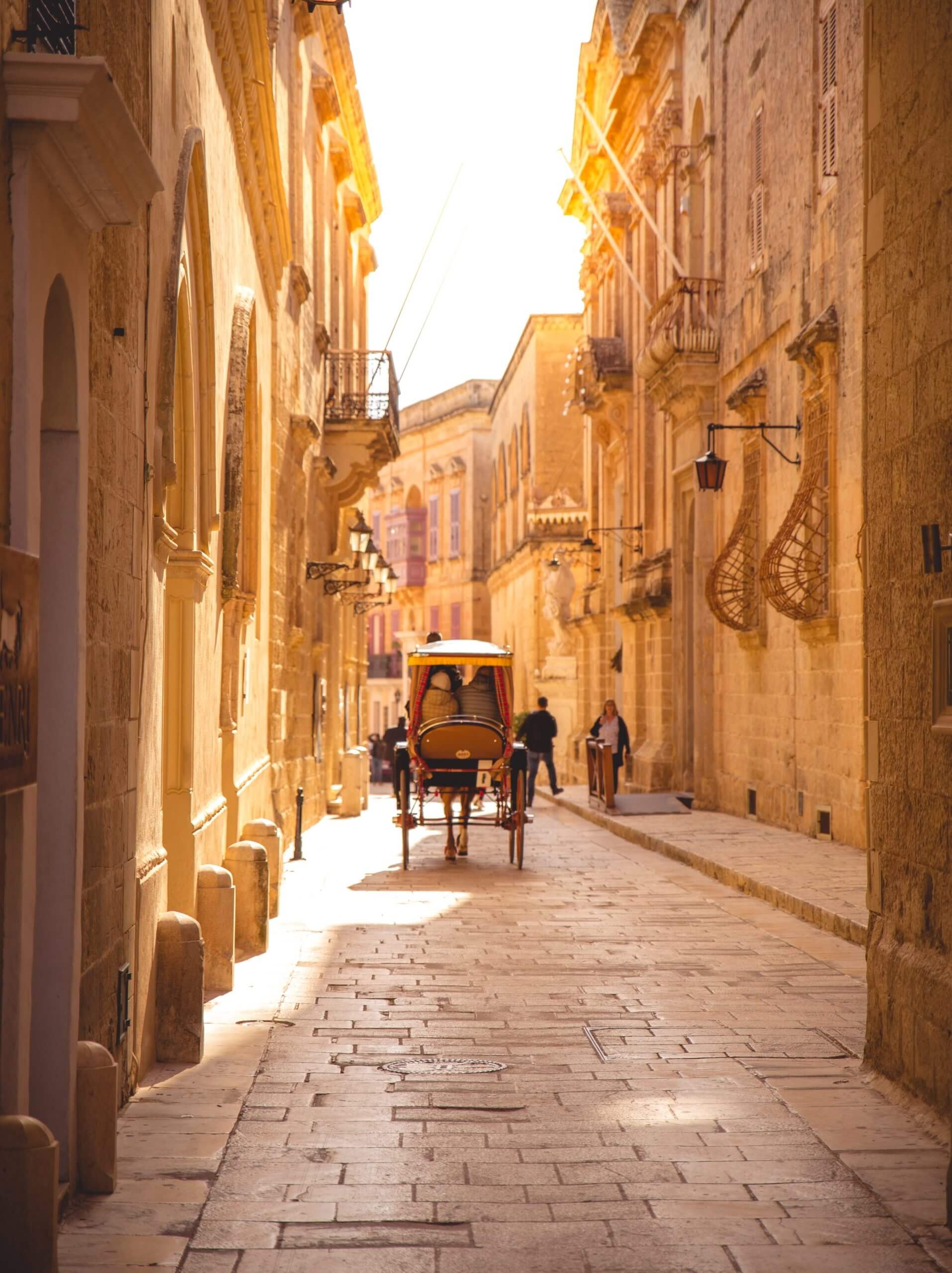
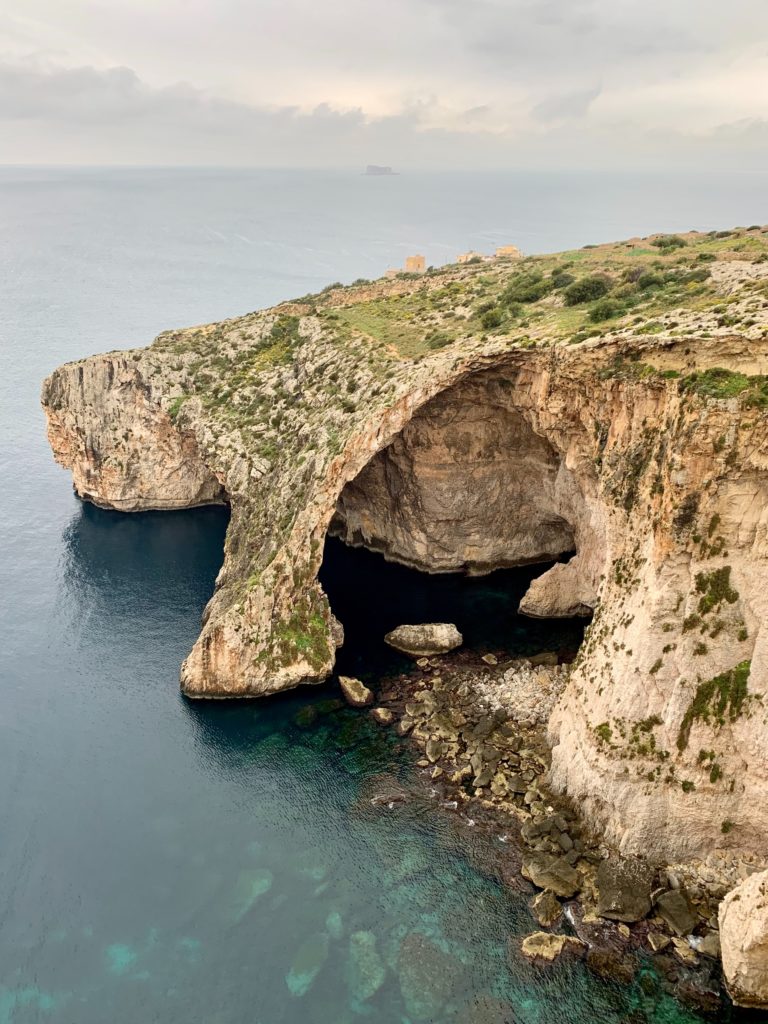
For those who appreciate the culture and history, you won't run out of monuments, churches and old towns to discover. Despite being so isolated, Malta has a vibrant history. Explore the relics of Malta's prehistoric and medieval periods: from the mind-blowing megalithic temples (an example is Ħal Saflieni Hypogeum, dating back to around 4,000 BC) to various fortresses and the Grand Master's Palace from the era of the Maltese Knights. The medieval city of Mdina is also worth a visit - the old capital of Malta offers an enchanting and fairy tale experience with amazing views of the entire island.
During the summer months, Maltese villages come to life with religious festivals (the festas) and outdoor concerts: from Marsaxlokk in the South, a fishing town known for the colourful Luzzus (painted boats), to the picturesque Mellieha in the North, a tourist spot with the largest beach in the country. If you enjoy the coastal scenery, the Dingli Cliffs and the Blue Grotto with its limestone caves will take your breath away (they are also popular scuba diving destinations!). For those who just want to relax by the sandy shores, the Golden Bay Beach or a boat trip to the Blue Lagoon in Comino, a natural swimming pool famous for its turquoise waters, are the place to go (despite being a bit crowded in the summer).
Last but not least, a ferry ride to visit Gozo during a weekend is something to do at some point during your adventure in Malta. Its rural landscape, protected beaches and old fishing ports invite us to get away from the busy, modern world. The island's true beauty is found in the villages, especially in the medieval city of Rabat (Victoria) and the Marsalforn seaside resort, where time seems to stand still and where locals enjoy their laidback lifestyle. Don't forget to check here the most important archaeological site of the country - the Ggantija Temples.
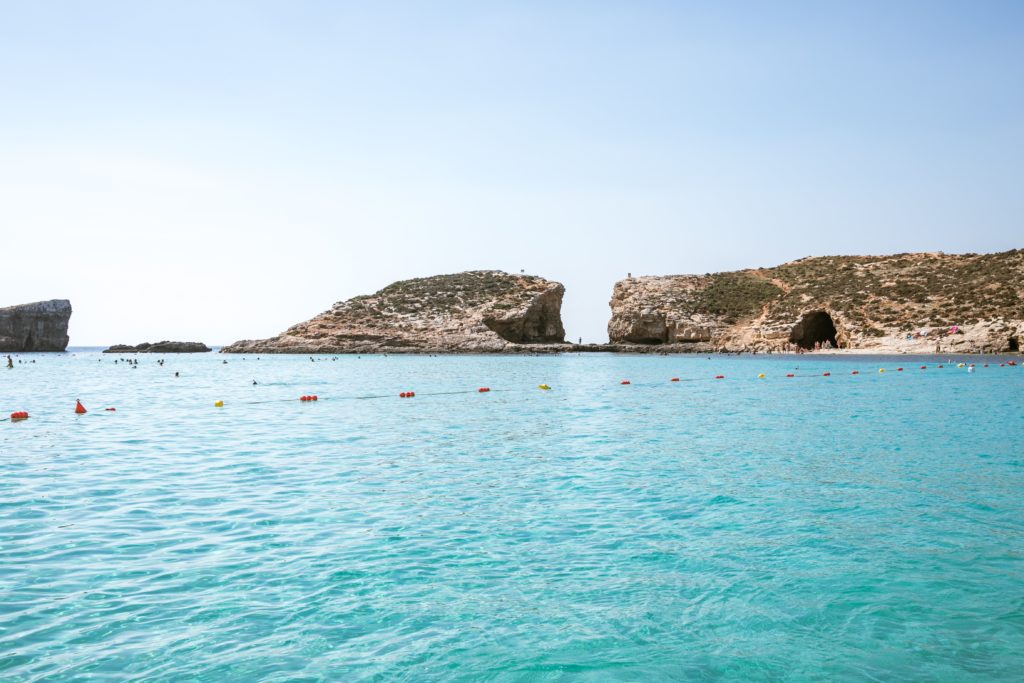
As said, you will find most of the expats around the busy areas of The Northern Harbour District, where most of them work and live. Therefore, it’s easy to find people that are on the same journey as you and where you can share your experiences or ask for some help. One way to connect with other expats is to join Facebook groups such as Expats in Malta. Via sites like Internations, you can also connect with other expats and find events and other activities to join if you want to meet people outside your workplace.
Moving to Malta has a significant advantage - the second official language is English, spoken by 90% of the population. Moreover, most of the residents are also fluent in Italian due to the influence and proximity to Sicily. If you have a good command of one of these languages, you will easily communicate and meet locals!
However, the first official language is the Maltese - a Semitic language derived from medieval Sicilian-Arabic, and Latin, English influences. The locals will appreciate it if you learn some words or sentences, even if it doesn't seem necessary:
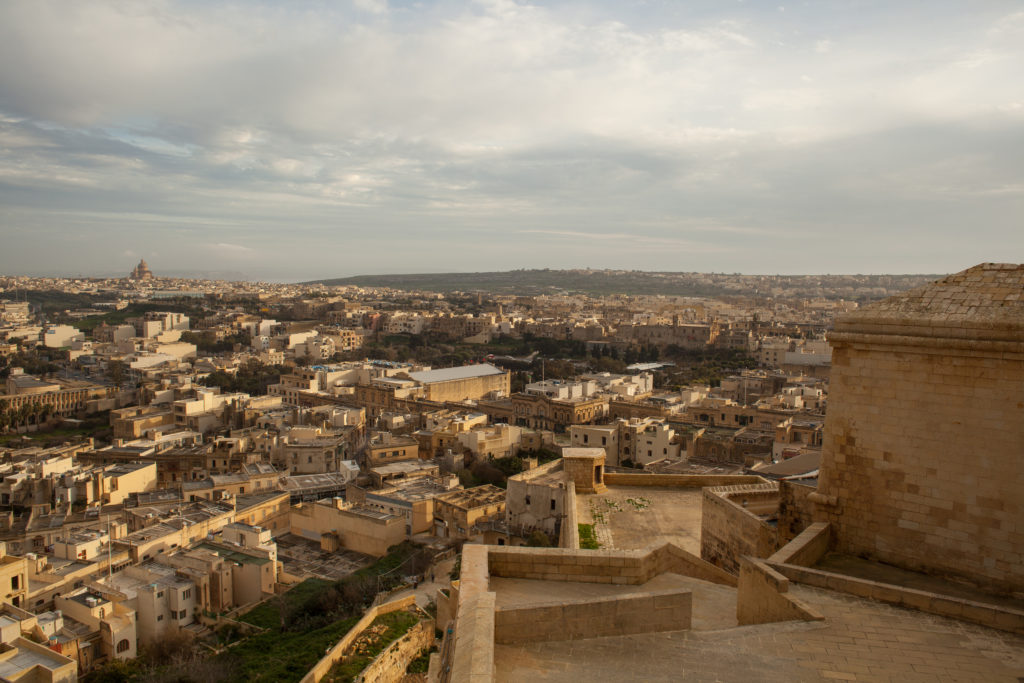
Beyond its natural beauty, Malta also provides varied career opportunities that many expats have enjoyed in recent years. For those looking to relocate to Malta, not only is its English-speaking labour force an advantage, but the constant need for multilingual talent is a significant aspect to consider. Moreover, job seekers can expect generous salaries across the board, with 3 sectors being particularly strong:
When applying for a job in Malta, check that the skills set and experience covered in your CV are relevant to the position you are applying for and tailored if needed. Remember to send it together with your cover letter - this might make you stand out from other candidates! Interviews are predominantly video call based, with one face-to-face stage further down the line if possible, and carried out with a casual tone (especially in iGaming).
Maltese people are known for being friendly and courteous. They have a strong sense of their own identity and are very proud of their Mediterranean culture and lifestyle! Open-minded and expressive, they are usually informal in a business environment, creating an atmosphere of trust. As a result of their multicultural heritage, they are very tolerant in front of other customs and beliefs, even though they have a long and solid Christian legacy.
The atmosphere in Maltese companies is also warm and welcoming, with a personal touch. However, expect a certain level of hierarchy. As an expat, you might work in an international environment, which is usually more relaxed and includes a friendly and direct communication among workmates and managers. Teamwork plays, in general, an important role, yet initiative and personal accountability are also valued. Punctuality and prompt answers are also very appreciated, being phone calls preferred over emails.
Although Maltese are open to any conversation topic, be careful when discussing politics or religion, which may lead to serious debates and arguments (even though no topic is a big taboo). Honesty and modesty are also essential for them, and they do not appreciate people who put themselves among others or try to show off.
The working week in Malta has 40 hours, being 48 hours the legal maximum. Daily office hours are usually between 08:00 to 17:30. If you work in shifts, expect to work from Monday to Sunday, having the reglementary days off during the week. If your shift includes working night shifts, your contract must specify this, and the salary rate is usually higher.
In many companies, an employment contract might start with a trial period. This period can be a maximum of 6 months (longer for higher positions). During this trial period, both you or your employer can terminate the work contract by giving prior notice in writing one week before termination.
You are legally entitled to 25 days of annual leave (or 200 hours of vacation leave per year). Part-timers’ leave entitlement is calculated on a pro-rata basis. Since Malta has 14 public holidays, you also get a day off from work on those days (if they don’t fall on a Saturday or Sunday)!
Employees are also entitled to salaries during sick leave. This entitlement from Social Security is applicable after the third day of the sick leave and upon presentation of a medical certificate within 10 days.
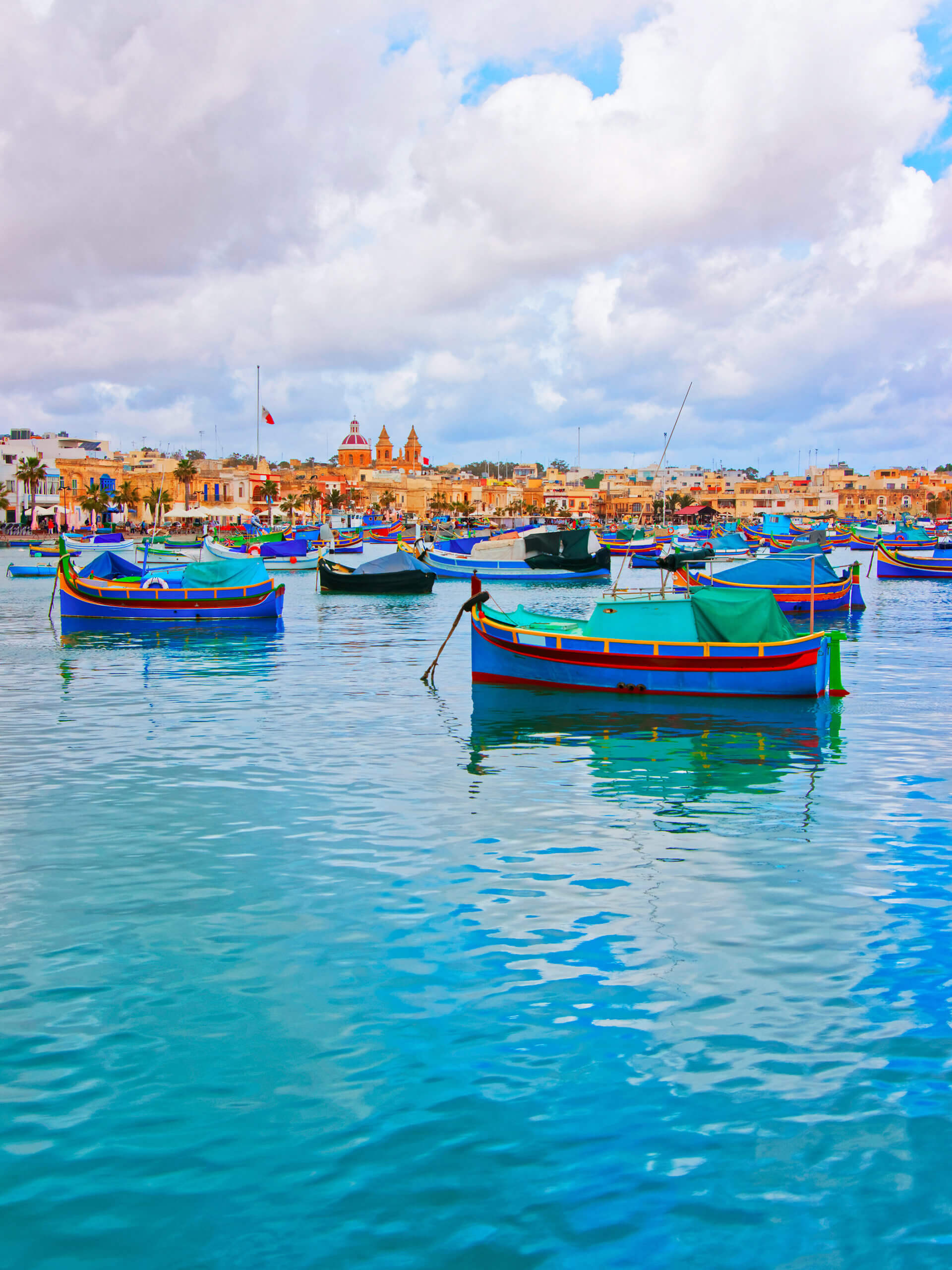
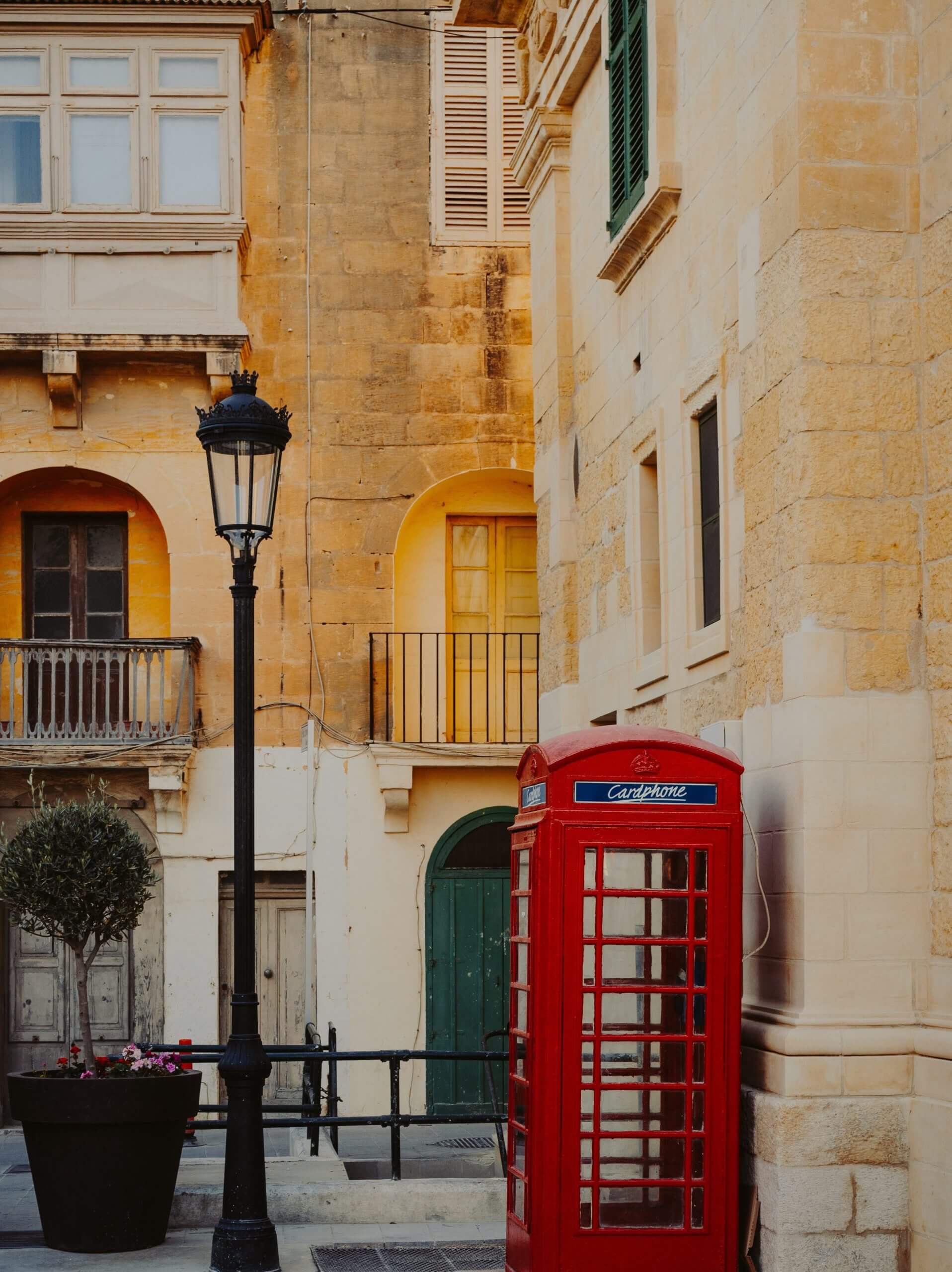
In case of indefinite contracts which extend beyond the trial period, the resignation notice
Depends on how long you have been employed by the company:
| Over 1 month, no more than 6 months | 1 week |
| Over 6 months, no more than 2 years | 2 weeks |
| Over 2 years, no more than 4 years | 4 weeks |
| Over 4 years, no more than 7 years | 8 weeks |
| Over 7 years | 8 weeks + 1 week for each full working year (max. 12 weeks) |
Malta is one of the European countries where a National Minimum Wage is stipulated by law. This is currently €724.32 for people over 18 years old. However, according to the National Statistics Office, the average annual gross salary in Malta is around €18,660, and specialists and expats can earn much more. For example, a UX/UI designer could expect to make up to €30,000, and in the financial sector, the average salary stands around €27,000. In general, average monthly wages vary from €900 among employees in elementary occupations and €2,500 among managers.
Employees in Malta also receive a statutory bonus. These are quarterly payments on top of the wage that in 2020 amounted to €512 in total:
Moreover, a small Cost of Living Allowance (COLA) annually for all employees amounted to €1.75 a week in 2021. The government adjusts the COLA to maintain and protect peoples’ living standards as living costs rise.
Regarding the personal income tax rate in Malta, the country has three sets of personal income tax rates: one for individuals, one for parents and one for married couples. Malta uses a progressive system of tax brackets for calculating how much income tax should be deducted. Therefore, the bracket you fall into depends on whether you’re filing as an individual, couple or parent and on your earnings. Remember that social security contributions come on top of your income tax, which currently stands at a rate of 10%.
Individuals in Malta pay income tax on the following scale:
As you can see, although the salaries are not that high, the affordable cost of living and the income tax rate balance out the situation quite nicely too!
At first, it might not seem like the typical corporate location for building a professional network, but professional networking is at the core of business culture in Malta. Suppose you are looking for networking opportunities in Malta. In that case, an excellent way to start is joining professional organisations or participating in business events, where you can have an active role and get to know people within your sector and establish long term valuable contacts.
Nevertheless, do not forget about online networking sites for professionals (in Malta, the most used one is Linkedin), which are an effective way to communicate with colleagues worldwide and are helpful for self-promotion and to connect with potential employers too!
Job seekers from other EU countries do not need a visa or work permit to work in Malta. According to EU rules, citizens of all EU countries (except Croatia) have the right to settle in the country. However, regardless of your nationality, you are required to apply for residence if you intend to stay in Malta for more than 90 days. This will ease your life in the country, and it serves as proof of residence for both local and foreign banks.
The application process for EU nationals is pretty straightforward:
After your application submission, you will need to wait for a response from the IMA. If all the documents are in order, you will receive a confirmation via email and the appointment date to have your biometrics data taken (i.e. picture, fingerprints, height, etc.). After a few weeks, you should receive a letter to your home address with another appointment date to collect your e-Residence card free of charge at their facilities in Msida or Gozo.
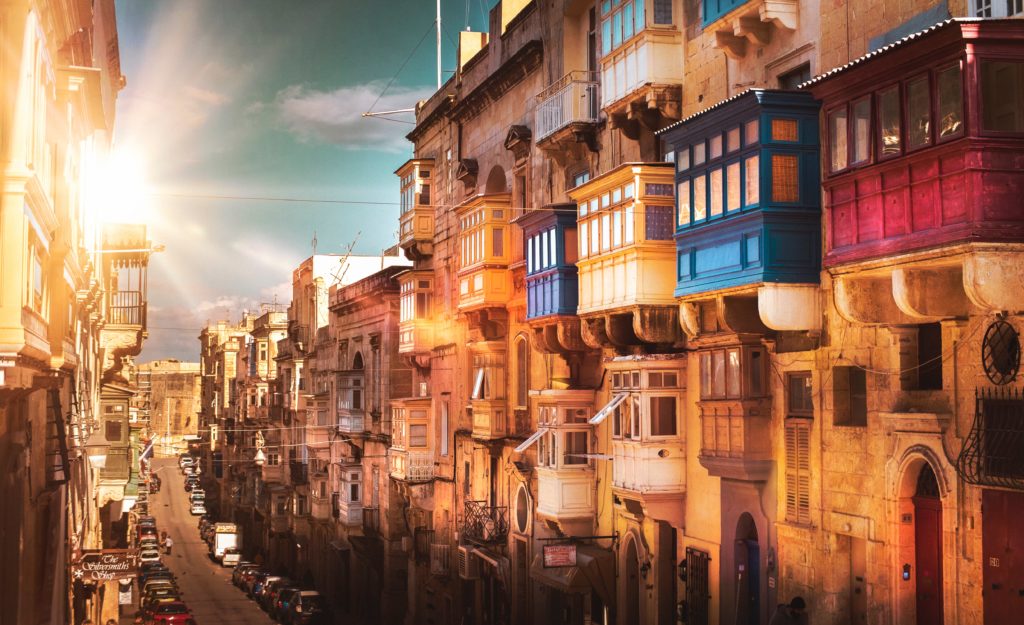
Some expats describe the process of opening a bank account in Malta as frustrating. The slow processing time and the fact that the requirements can vary from bank to bank are the most confusing aspects of this task. But don’t get overwhelmed! Besides asking your employer for help (or they will even take care of this), be patient and try to adapt to how things work in Malta. The bureaucracy and business tend to go slower than in other Central or Northern European countries (but that doesn’t mean it doesn’t work - it is just their way of doing things).
Generally, you will have to make an appointment to open a bank account in person in the bank that better fits your needs. For some others, filling in an online form is a prerequisite (for example, HSBC). You will need to have with you:
To those requirements, some banks will also add:
The account opening process may vary from bank to bank, and it can take from 2 weeks to 2 months, and some banks will also require you to go back to the branch to complete the process. The most popular banks among expats are BNF, Bank of Valletta and HSBC.
Despite its small size, the archipelago is well known as one of the world’s top healthcare systems in the world. There are both public and private healthcare sectors in Malta, and the country has numerous facilities available: 7 in the island of Malta and 1 in Gozo. The main hospital and the most equipped one is the Mater Dei hospital, located in Msida.
Maltese comprehensive healthcare system is supported by taxes and social security contributions made by employees and employers. This contribution is around 10% of your income and will be deducted automatically from your salary. This means that, unlike other European countries, there’s no extra fee that you need to pay when making an appointment with your doctor. Once you are officially registered in Malta, you will be automatically assigned a health center in your locality of residence and a GP.
However, keep in mind that not all treatments are covered by the public healthcare system (dental care, for example, is not included). As more residents in Malta go for private healthcare insurance, the number of private healthcare facilities is on the rise and these have an excellent reputation and hold high standards (like the St. James Hospital Group). Even some of the doctors employed in private clinics also function as general practitioners in the public facilities!
As said, for things that aren’t covered, there are international health insurance options for expats living in Malta. Buying one policy can be a smart move if you want to ensure you are fully covered in this matter.
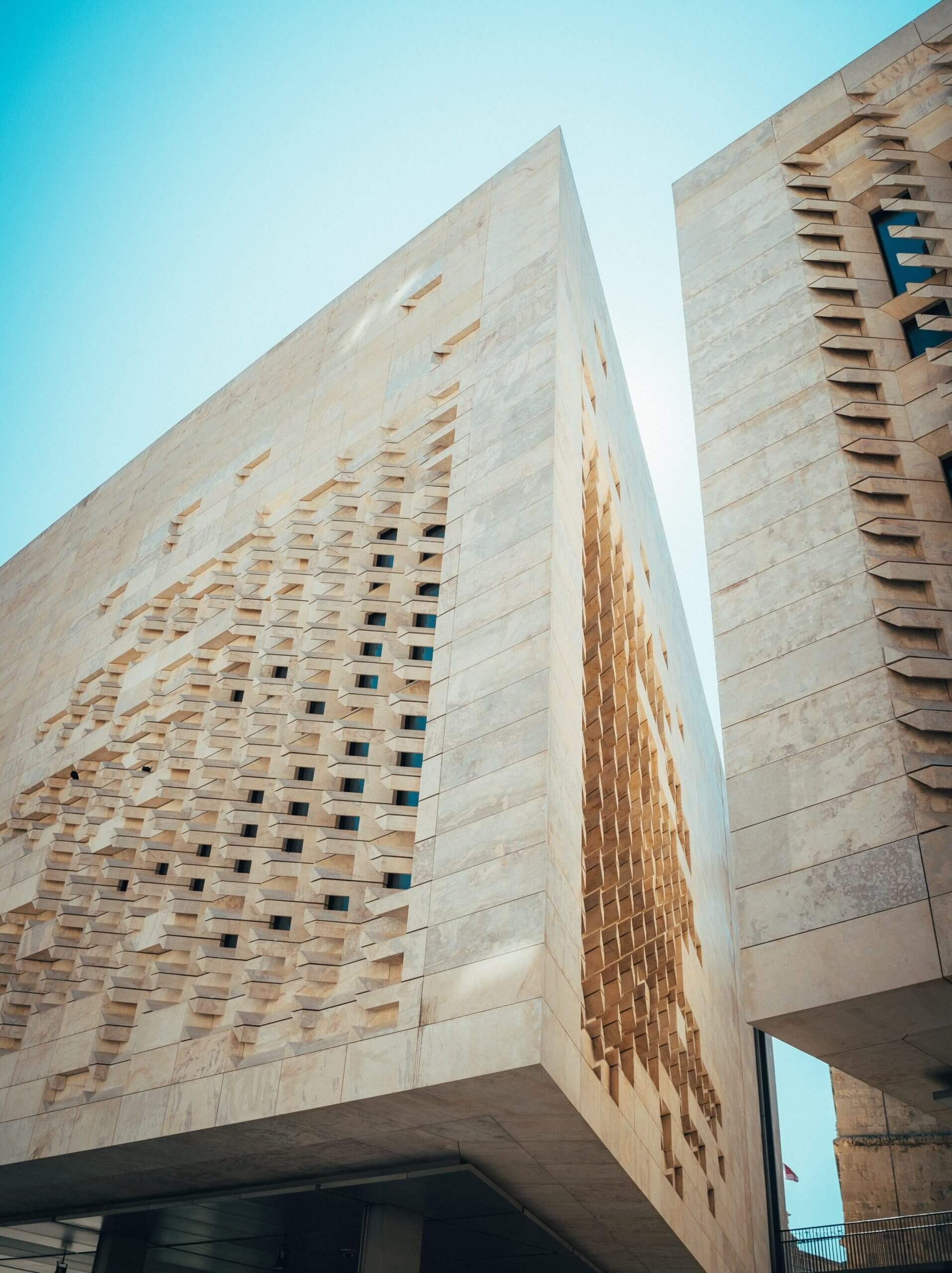
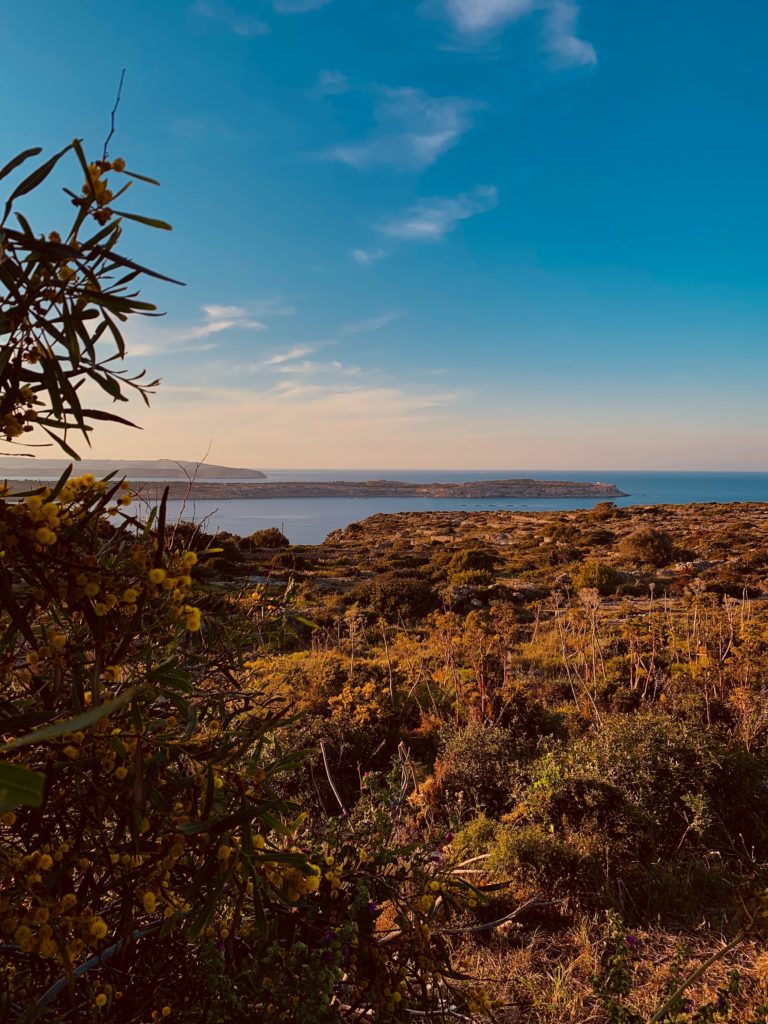
Malta has strengthened its cosmopolitan island flair in recent years, and many foreigners look to establish a new chapter in their life in this tiny archipelago. Indeed, Malta offers the best fusion of the traditional with the contemporary and embodies the best of the Mediterranean charm. Here you will find a country defined as an open-air museum, with passionate and open-minded people and with more than 300 sunny days a year that make it a paradise for outdoor enthusiasts.
Moreover, the steadily growing economy and the boom of sectors like iGaming and Fintech has increased the demand for multilingual candidates to cover plenty of different roles, making it hard for companies to fill these positions. So if you got curious about what it must be like to live in this little corner in Europe, why don’t you give it a chance? Check out some of the job opportunities in Malta that we offer here at Workwide Recruit!
Would you rather read this in your native language? Here you go!
Let’s face it, moving abroad, where everything is unfamiliar, can feel like a bit of a maze. You’re struggling with...
Read moreWelcome to the beating heart of Spain – Madrid! This bustling metropolis offers a unique blend of rich culture, historical...
Read more
